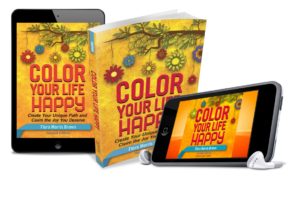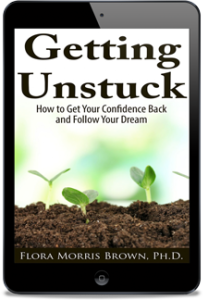 I hear this a lot, and until I read Tim Miles response to a similar question, I didn’t have a good comeback.
I hear this a lot, and until I read Tim Miles response to a similar question, I didn’t have a good comeback.
Now I do.
So you want to be like me when you grow up?
Okay, here goes in no particular order.
- Get up at 5:30 AM every morning whether you have to go to work or not. (Yes, weekends too.)
- Each day if you are able to get out of bed under your own power, or you are still alive, say “This is the day the Lord has made. Let us rejoice and be glad in it.” Psalms 118: 24
- Write in your journal, morning pages, reflect on your day, go for a walk, meditate or other activity that sets your intention for the day.
- Stop watching the news. It’s designed to scare and distract you. Someone will tell you if you need to evacuate your neighborhood.
- Stop waiting for the right time to do what you want. I couldn’t figure out the order in which I should have a teaching career, a family, return to graduate school and be an entrepreneur. So, I did it all along at the same time. (Try giving birth to your 3rd child on the first day of school in the second year of your doctoral studies and returning to classes the next week.)
- Strive for harmony in your life by making time for work, health, fun, family, friends and spiritual needs.
- Be willing to do things that make sense to you even if not to other people, even your family and friends.
- Learn to enjoy your alone time. Major projects require blocks of thinking and working alone.
- When you have a burning desire to travel or go to some event, don’t postpone it waiting for a willing companion. Go by yourself.
- Risk making a fool of yourself or failing miserably at something.
- Face frequent bouts with self-doubt, knowing that you’ll regain your self-confidence and forge ahead.
- Follow your dream for years even if you aren’t making any money from it.
- Admit you don’t know everything. Take classes and read constantly.
- Always be open to learning, especially from your kids.
- When you figure something out, be willing to share it with others even when they won’t pay you a cent for it.
- Accept the fact that when you open your heart to love someone (even your kids) they may not love you back in the way that you would like. Love people anyway.
- Adapt to change. It’s the only constant.
- Make a plan.
- Abandon your plan and be spontaneous sometimes.
- Show gratitude for all your life experiences, even the ones you that didn’t seem so great at first.
- Then, when you are about to enter your 7th decade, share your life tips with someone who says to you “I want to be like you when I grow up.”






Recent Comments